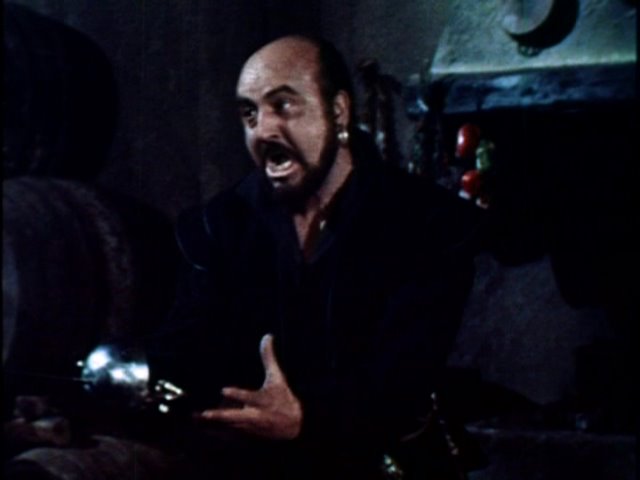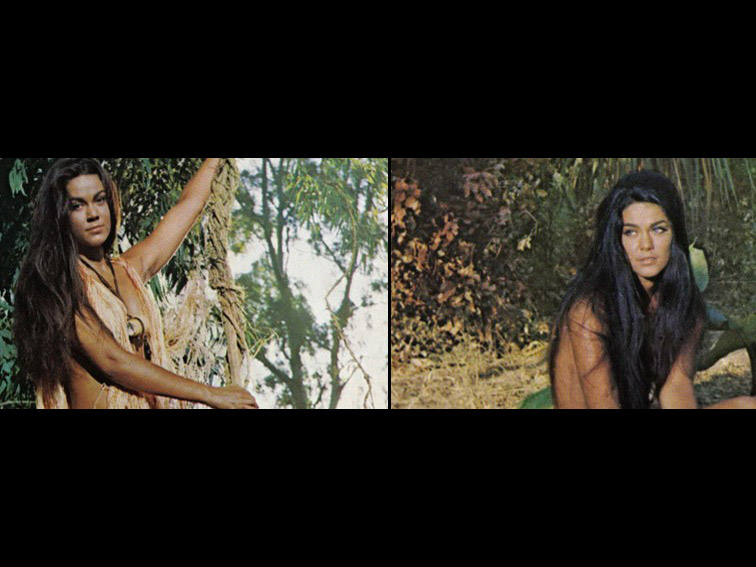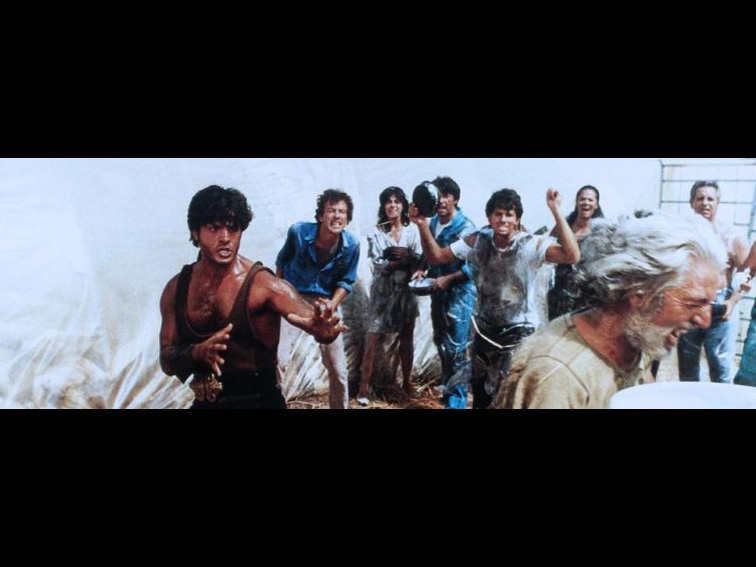While working my way through a slew of 1958 swashbucklers, one face that keeps on popping up is that of Andrea Aureli, a moustachioed, balding performer who invariably played bad guys and traitors. Aureli was a familiar figure from all kinds of Italian exploitation films. In the sixties, after the cape and swords and peplum genres had faded, he appeared in numerous westerns, still sporting that moustache, often as a sheriff or dodgy businessman. Then in the seventies he could be found in several crime films and giallos; he still had the ‘tache, of course, but now he frequently played a bar owner or shopkeeper, and it was he who was on the receiving end of the very same kind of villainy that his characters had doled out earlier in his career.

Aureli was actually born on the 5th March 1923 in Trevi, and studied law before enrolling on an acting course at the Centro Sperimentale di Cinematografia, for which he was awarded a scholarship of 7000 lire. He was obviously a serious-minded individual, his admission paper stated the following: “I want Italian film to be directed towards a new and true goal: the spiritual education of the masses”, and his coursework included papers on Paisà and Intolerance (although it’s kind of difficult to see quite how this squared up with his later exploitation career). His first film came with Goffredo Alessandrini’s L’ebreo errante in 1948, but it was in the mid-to-late 50s that his career really took off. He was a particular favourite of Carlo Ludovico Bragaglia, with whom he made some twenty films, but he also worked with the likes of Mario Bava (The Last of the Vikings (61)), Vittorio Cottafavi (Legions of the Nile (60)), Mario Caiano (Bullets Don’t Argue (64)), Sergio Corbucci (Ringo and his Golden Pistol (66)) and Fernando Di Leo (The Boss (73)).
Unfortunately, it’s difficult to find out any more information about Sr. Aureli. He was one of a breed of caratteristi who made a good living from the films of the Italian golden age, but received little in the way of publicity or attention.

